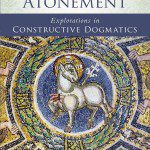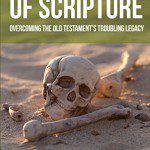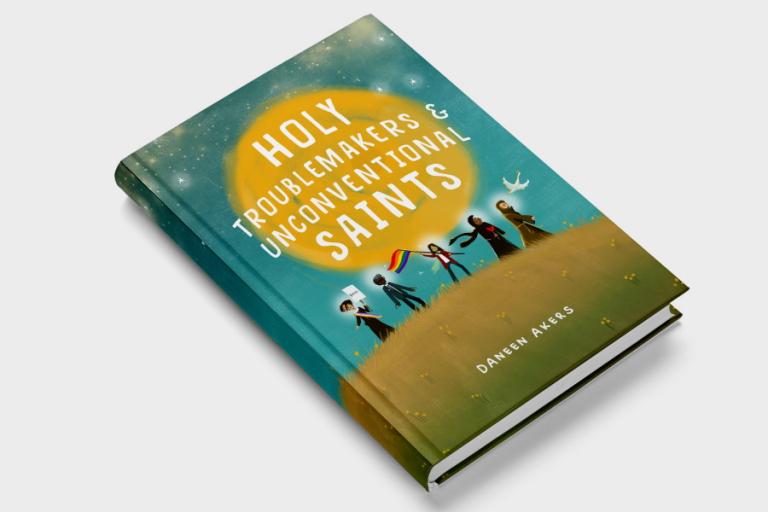For week three of Random Text Tuesday (RTT), my random-text selector gave me Obadiah 2.
I shall make you the least of all nations,
an object of utter contempt. (Obadiah 2, REB)
The short prophecy of Obadiah (only 21 verses long) warns of impending judgment on Edom. Since we’ve just been considering Eric Seibert’s Disturbing Divine Behavior, this passage provides us with a great example text to evaluate.
According to Obadiah, Yahweh himself was going to enact punishment against Edom, which would make this passage fall under Seibert’s category of “God as Divine Warrior.” The divine violence stated in this passage is nowhere near as extreme as in many other passages of scripture, but we should not underestimate even the psychological violence found herein. Any form or amount of violence ascribed to God is too much.
Seibert reminds us that the “popular notion of divine retribution is challenged by Jesus on more than one occasion” (p. 200), and on Jesus’ authority, we must definitively say that such pictures of God distort his character. Yet Seibert also cautions that while certain texts “distort what God is really like,” they still “provide us with opportunities to gain some insight into the character of God,” and “the way forward lies somewhere between the extremes of total acceptance and total rejection” (pp. 180–181).
So, while acknowledging the distortion of God’s character, what positive elements can we glean from this text?
For one thing, though portions of this passage (such as our selected verse for the day) make God out to be the active cause of Edom’s disaster, other portions more accurately present it as a matter of natural cause and effect.
You will be treated as you have treated others:
your deeds will recoil on your own head. (Obadiah 15, REB)
Additionally, we can certainly agree that the behavior of Edom, as described in this passage, is deplorable and worthy of confronting.
Their pride is said to have led them astray—“Who can bring me to the ground?” Edom asks (v. 3). They’ve not only taken from their enemies, they’ve ransacked them, stripping them entirely of their wealth (v. 6). They’ve lost the trust of their former allies (v. 7). They’ve committed violence against their brothers (vv. 10–11), and they’ve gloated at their destruction (vv. 12–13). Worst of all, they’ve even betrayed defenseless refugees (v. 14).

So how could we apply this passage today? Well, substitute the United States of America for Edom, and the passage would remain fairly accurate. Is there any doubt that our nationalistic pride is leading us astray? Do not all of these allegations leveled against Edom apply to America today?
We too are going to be treated as we have treated others. If we don’t repent of our pride, cease our violent militarism, and start welcoming refugees, then we ought to be considered the least of all nations. Our deeds are going to end up recoiling on us. This is not divine judgment; it is simply what happens when we go around starting pointless wars, engaging in senseless violence, needlessly making enemies, and breeding terrorism.
See more posts from Random-Text Tuesday.












